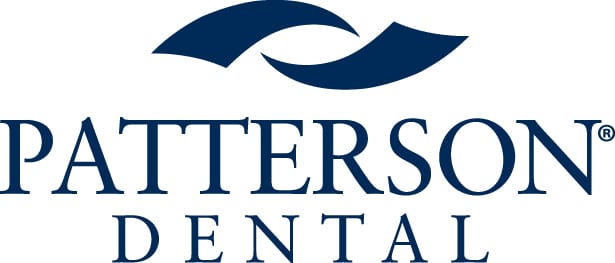By: Bruce Bryen
When does the associate know that it’s the right time to acquire an operating dental practice?
How does the associate figure out the process for its purchase, including the financing, legalities, and whether they are financially able to do so?
How to Know When You Are Ready to Acquire a Dental Practice
Gain In Office Clinical Experience
The associate should be in practice for at least two to three years working at an established dental practice where they are learning a lot more than dental school taught them about communication with patients.
There should not be any hesitation in confidence in the abilities and skills learned from the work as an associate.
Have An Understanding of the Administrative Side
In addition to the clinical skills that the associate will have absorbed, they should also have at least a reasonable understanding of the administrative side of the dental practice.
This will allow the associate to understand the entire process from having the patient in the chair to collecting the funds charged to the patient for the services.
Experience with Working Relationships
Having had the experience of working for someone will teach the associate about employee relationships as well.
It will also allow the associate to learn about insurance processes and work with other professionals who will assist them.
These professionals such as the dental practice accountant, attorney, and possibly financial advisor put the associate in a position to advance the value of the practice and to increase its income as time passes and they learn and expand the number of patients that the dental practice can see.
The Overall Experience
From the perspective of being an owner, there are basic guidelines needed by the associate.
They are learning to become a partner, shareholder, or proprietor which skills may already be possessed or can be learned from experience and others.
The clinical skill sets are not enough to draw patients to the practice and to allow the practice to sustain growth in value and income.
These attributes are both needed to maintain and allow growth. They create a healthy dental practice that will attract patients and potentially additional associates as the practice does expand.
Attend Seminars
Attending seminars and webcasts allow the associate to become more aware of the points of view of others as well as introduce themselves to their peers and learn from their experiences.
Interactions with those in the same or higher level of practical education will assist in teaching the associate what others in their field are accomplishing and how they are progressing and can be compared to their growth.
It is a great educational process for moving ahead in one’s career development.
Learn from Other Dental Practices
Learning how other practices have experienced growth also teaches the associate from a practical experience what others are doing to have their practice and their professional lives grow.
Any time one can speak to or learn from a peer will assist the associate in his or her ownership phase. The clinical skills and the administrative skills are both parts of an owner’s forte’ for a successful dental practice.
The future awaits those who want to learn to improve their skills both clinically and administratively and those who take the necessary steps to allow these things to happen.
Not experiencing this interaction will hold back the dentist from allowing the practice to flourish.
Job Opportunities Without the Admin Side
Sometimes the associate does not want the overall responsibilities that come with being a solo owner or partner.
The main point at issue seems to always be the administrative or non-clinical side of the dental practice.
There are plenty of opportunities for the associate who is not interested in the administrative side of the practice to have a good job and earn a reasonable amount of money during their career.
Hire an Administrator
One option is for the associate, now owner, to hire a top-of-the-line office administrator who is part accountant, part office manager, and very loyal to the owner.
This is not an easy thing to do but it is possible to find someone with these qualifications. If the dentist wants to watch his or her dental practice grow and not be bogged down in the administrative detail needed to have the practice grow, this may be a solution.
Join a DSO
Another option is to join an organization where the administrative input and flow are already in place. The DSO is an opportunity to use clinical skills and to learn more about the elevation in the level of those skills without having to be involved with any type of administrative input if that is not the reason that becoming a dentist was contemplated.
Tending to personnel matters, insurance, billing, accounting and all other issues regarding non-clinical services can be ignored while an employee of the DSO.
The DSO has its own division that resolves all of the administrative services so the dentist being hired does not have to be involved with the non-clinical side of the practice.
If this is the road taken by the dentist, he or she will most likely not be an owner. These DSO multi-practice ownership positions offer shareholder positions but only to those who can do so.
Choosing Between Job Opportunities
Now comes the difficult but enjoyable part of the time in dental school, working as an associate to gain skills and confidence and finally choosing what path to follow.
The ominous step of beginning the career path after spending all of the time and money to get to where you are is now here.
With all of the choices and knowledge, choose what you want to do but remember that you are unique and employable no matter what your decision may be.
Up Next: Choices of Jobs for a Dental Associate
Photo by Daniel Frank


